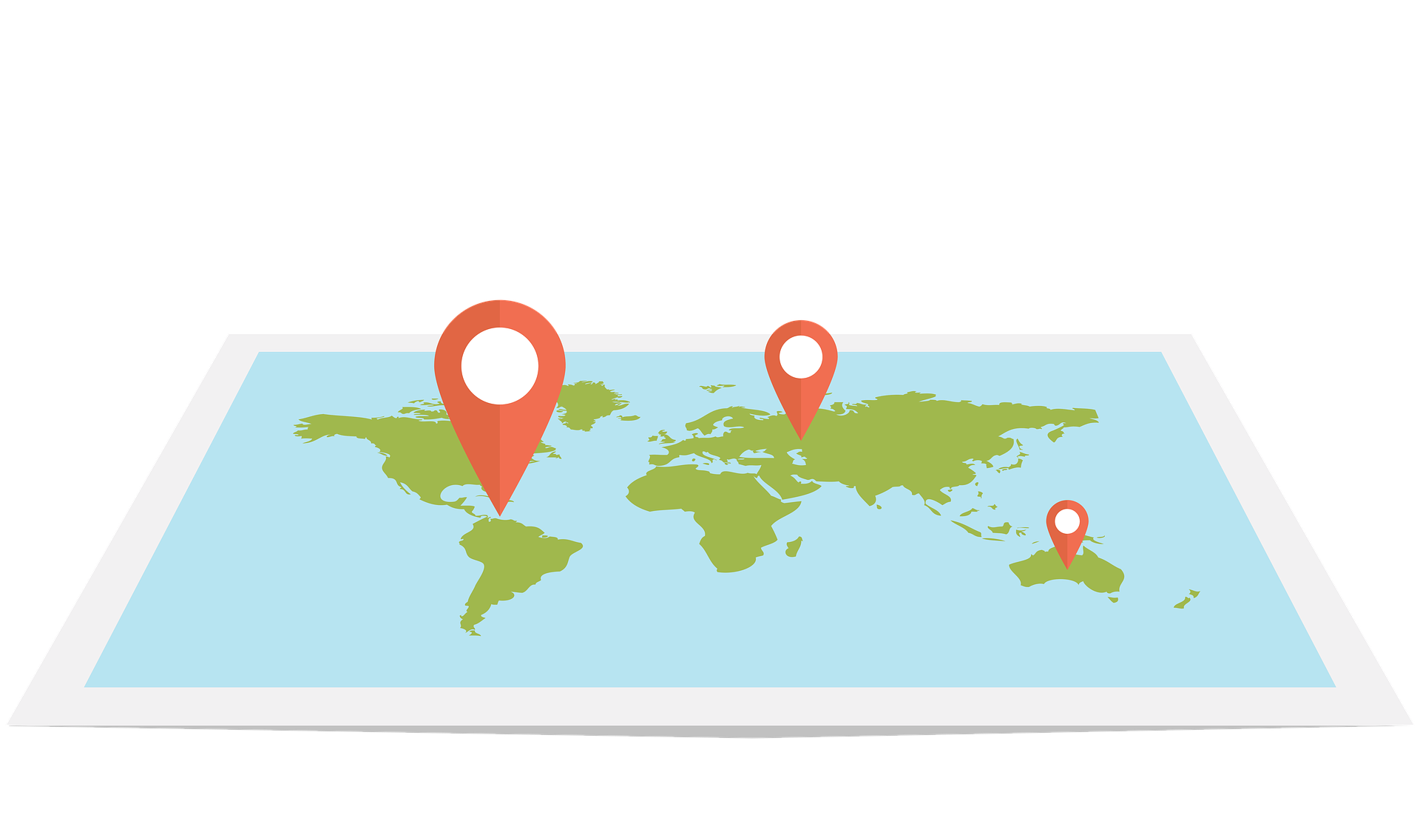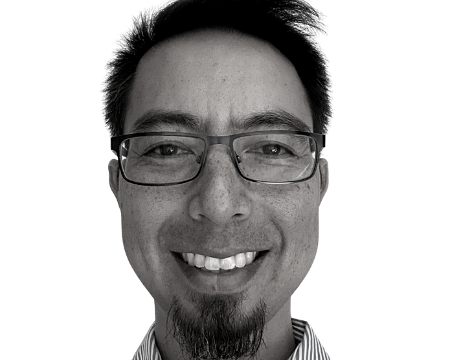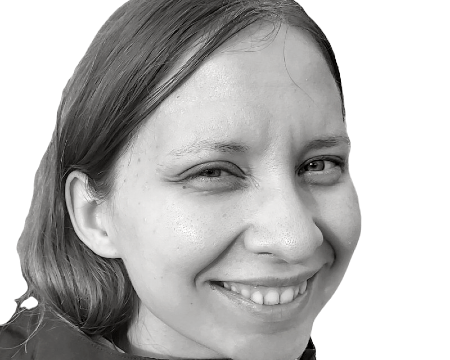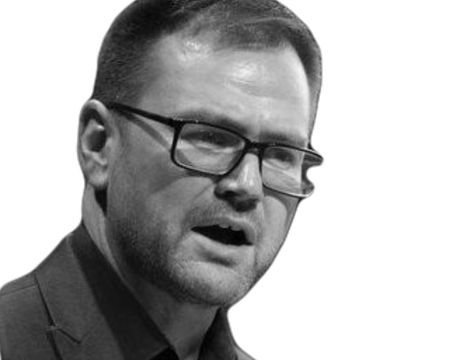There are 14 allied health professions (AHPs) in England. We work across various practice settings, often in specialised mental health roles. Regardless of the setting, AHPs provide instrumental services to help people with complex health needs. We have roles in preventing ill-health, responding to crisis, aiding recovery, promoting health and preserving good quality of life across the life-course.
Thanks to the diverse contexts we work in, AHPs bring unique insights which can deepen and broaden applied mental health research. Across roles, we work with service users, their families and carers and so have developed advanced skills in making sense of nuanced and complex clinical information. AHP skills in thinking, implementing, learning and working together with others make AHPs strong clinicians, strong researchers and capable of combining clinical practice, research and leadership.
5 REASONS WHY ALLIED HEALTH PROFESSIONALS MAKE GOOD RESEARCHERS
- We are person-centred; we therefore naturally aspire to carry out meaningful and robust patient and public engagement in research.
- We are familiar with complexity and asking insightful questions
- Our drive to create new pathways with people
- Our resilience
- We build new collaborations, expand our networks and build teams with shared purpose and clear aims
Ten top tips to become research active
Advice from the Council for Allied Health Professions Research
Presentation: arts therapy clinical academic careers
TAKE THE NEXT STEP
Write a short statement of your research interests and career goals and update your CV
CASE STUDIES OF ALLIED HEALTH PROFESSIONAL RESEARCHERS
GET INSPIRED
“I would recommend anyone holding similar dreams to get their foot on this path as soon as possible: talk to people, keep thinking, shape your vision of what you want to do, be and become.”
– Occupational Therapist






